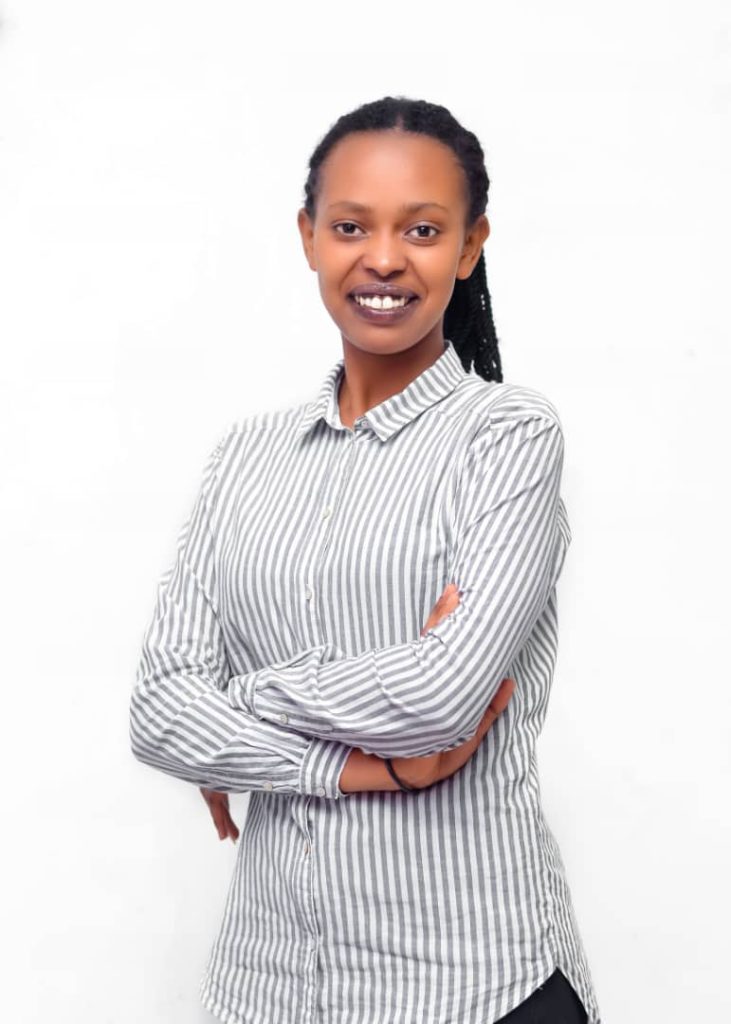
Aspiring journalists recently completed a three-day training focused on gender-sensitive reporting. The training, which began on October 31 in Musanze, brought together students from Mount Kigali University and three other universities from Rwanda.
Held at the peaceful Virunga Hotel and organized by the Rwanda Media Programme and the Fojo Media Institute, the workshop aimed to give these future journalists the skills needed to create fair, ethical, and meaningful journalism.
Participants learned about important topics, including gender stereotypes, bias, and the media’s influence on society’s views. Through hands-on exercises, real-life examples, and group discussions, students practiced how to spot and address gender biases in their reporting. This training gave them tools to tell stories that are fair and promote inclusivity.

Experienced journalist Jean D’Amour Mbonyishuti led the sessions, highlighting the importance of gender-sensitive reporting. “Our goal is to empower these young journalists to create stories that not only inform but also inspire positive change,” he explained. “By understanding gender equality and the struggles of marginalized groups, they can help create stories that are fair and just.”
Desange Akimana, a student from ICK, applauded her deeper understanding of gender equality gained after attending the recent gender-sensitive reporting training. “I now have a clear grasp of what ‘gender’ truly means, and I understand the difference between ‘gender’ and ‘sex.’ I’m committed to helping my peers interpret gender equality accurately,” she explained.
Akimana also revealed her plans to strengthen the Gender Club at ICK, saying, “We want to support the club’s growth and expand its impact on campus.”

Ishimwe Yarakoze Seth Kefa, a student at the University of Rwanda, expressed excitement about applying what he learned. “This training showed me how powerful journalism can be in shaping society,” he said. “I look forward to using these skills in my future work and encouraging other students to support gender equality.”

Rwanda has made remarkable strides in gender equality, particularly through the role of inclusive media and gender-sensitive reporting. According to the Global Gender Gap Report 2024, Rwanda ranks as the best African country for gender equality and 39th globally. Notably, Rwanda stands out for its high levels of women’s political participation, ranking 6th out of 146 countries in the World Economic Forum’s 2022 Global Gender Gap Index.
This progress reflects the collaborative efforts of the Rwandan government and organizations such as the Rwanda Media Programme and the Fojo Media Institute, which have championed gender equity in media. By prioritizing gender-sensitive reporting, these organizations have worked to break down stereotypes, highlight women’s contributions, and create narratives that promote fairness and inclusivity.
Through targeted training programs and campaigns, the media in Rwanda has played a pivotal role in fostering awareness, educating the public on gender issues, and setting an example of balanced representation. These initiatives are not only strengthening women’s voices but also helping create a more informed and inclusive society.
